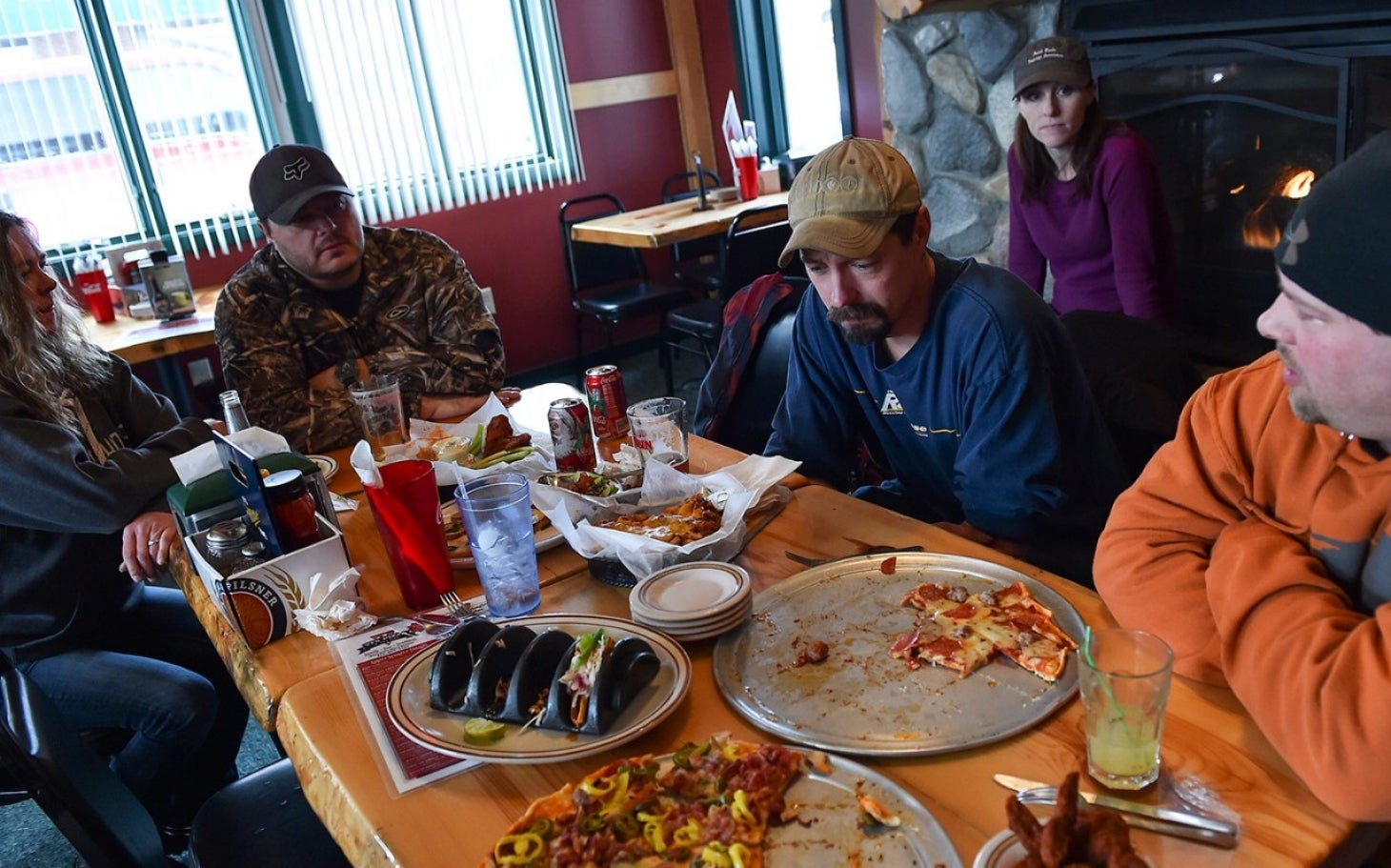The Chronicle of Higher Education Features KI Scholars Who Study the Working Class
Posted in In the News Labor Studies Our Staff People Visiting Scholars | Tagged Chronicle of Higher Education, Higher education, John Russo, Katherine Mangan, Labor Studies, News, Sherry Linkon, Working-Class Perspectives, Working-Class Studies
The Chronicle of Higher Education recently featured our Visiting Scholar John Russo and faculty affiliate Sherry Linkon and their efforts to unravel the mysteries of the American working class. The piece can be found on the Chronicle’s website and was written by Katherine Mangan, who writes about community colleges, completion efforts, and job training, as well as other topics in daily news.
When critics accuse faculty members of being out of touch with working-class Americans, they probably aren’t thinking about scholars like Sherry Lee Linkon and John B. Russo.
The husband-and-wife duo, who are now with Georgetown University’s Kalmanovitz Initiative for Labor and the Working Poor, co-founded the Center for Working-Class Studies at Youngstown State University two decades ago. The Ohio center, located in a region that was devastated by the collapse of the steel industry in the 1970s, spurred the creation of an interdisciplinary field with centers and scholars at Stony Brook University in New York, Collin College in Texas, and on other campuses nationwide.
These scholars analyze the experiences of working-class people, who today could just as well be Uber drivers as auto workers, and teach courses about class. The centers also help scholars in other fields find ways to advocate for issues they care about personally, such as paid family leave and union organizing.
They’re hoping the focus on working-class issues in the aftermath of President Trump’s election will prove a boon to their centers, many of which operate on shoestring budgets.
When she arrived at Youngstown State in 1990, Ms. Linkon says, there was plenty of focus on race relations but little that resonated personally with white students whose parents were former steel or auto workers.
“What was being left out of the discussion were the people who helped shape this election — white people who were not doing well,” says Ms. Linkon, a professor of English at Georgetown. “They were increasingly feeling left behind, not recognized or appreciated or understood by American culture at large.”
She and Mr. Russo, who is developing an undergraduate certificate program in working-class studies at Georgetown, encountered some resistance at first in Youngstown. “People were worried that focusing attention on class could be interpreted as me-tooism and that it would also divert attention from diversity efforts,” Ms. Linkon says. “All these programs that pay attention to marginalization are competing for limited resources.”
Working-class studies, she says, “offers a way of having those conversations that create better understanding between white working-class people who feel society has denigrated them and brushed them aside and people of color who are angry about being beaten by police or subject to microaggressions.”
In a blog post last month, Ms. Linkon wrote that it was time to create a more activist agenda that would reach more diverse audiences.
The Youngstown center closed after Ms. Linkon left for Georgetown in 2012, but was revived a few years later, says the current director, Timothy Francisco, a professor of English. Mr. Francisco, one of 10 siblings whose father was a truck driver and mother a homemaker, is one of about a dozen core faculty members in such fields as history, anthropology, sociology, and geography.
With the results of the presidential election, the decision to reopen the center (made before the campaign) proved prescient.
“It came from a sense that we were doing special and important work,” says Mr. Francisco, “that the working class is still suffering, and that we needed to re-engage that mission.”

